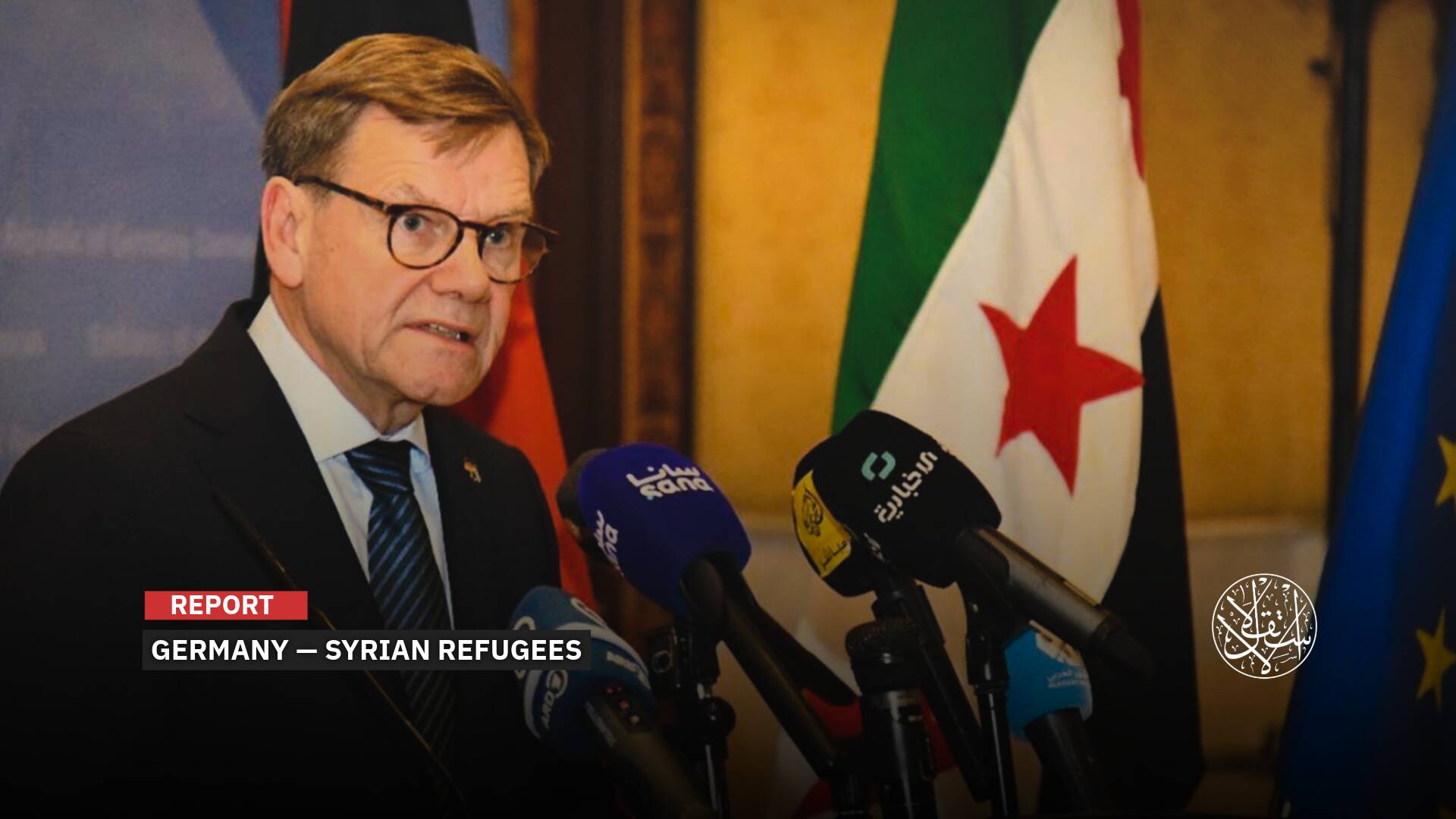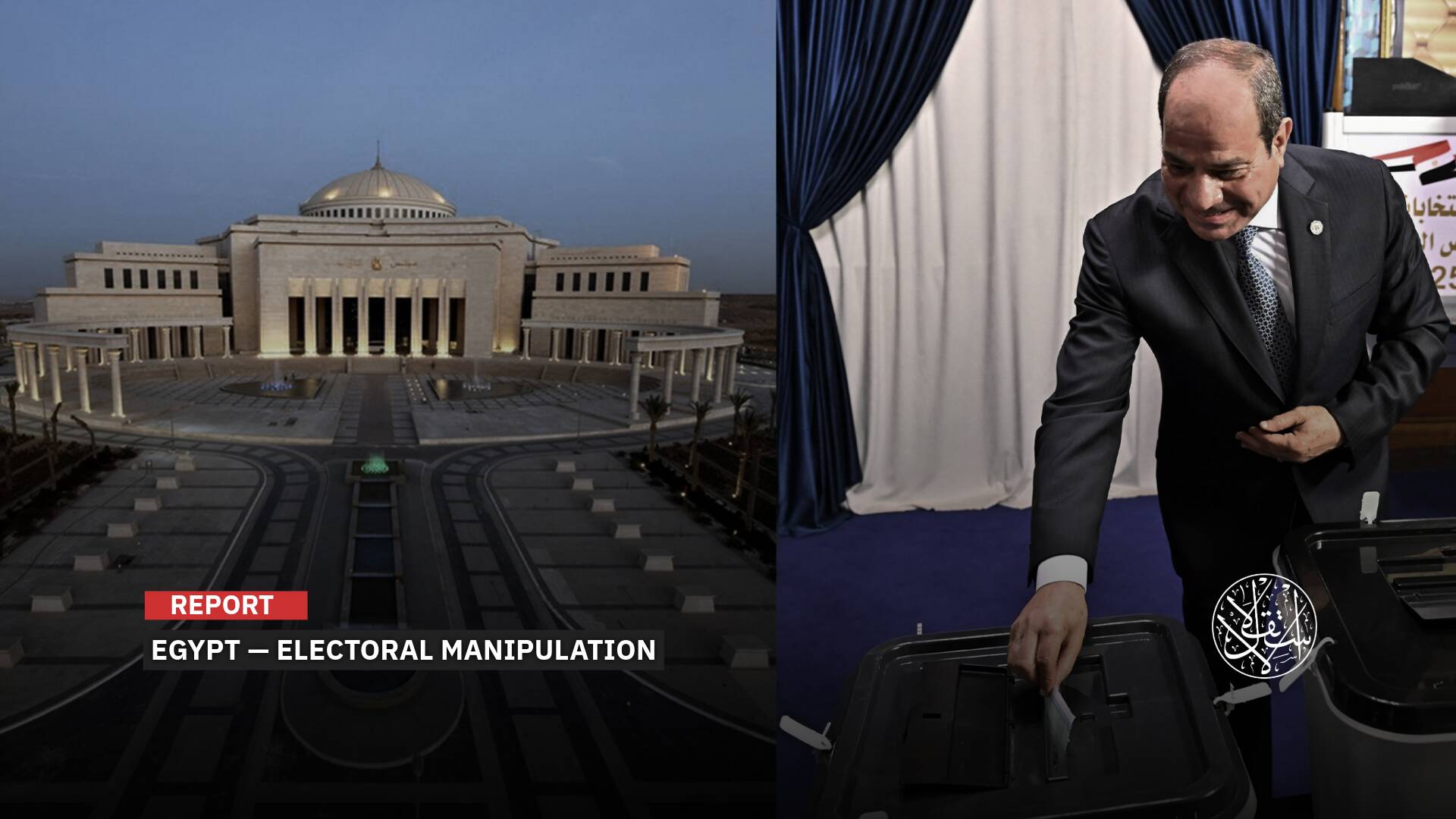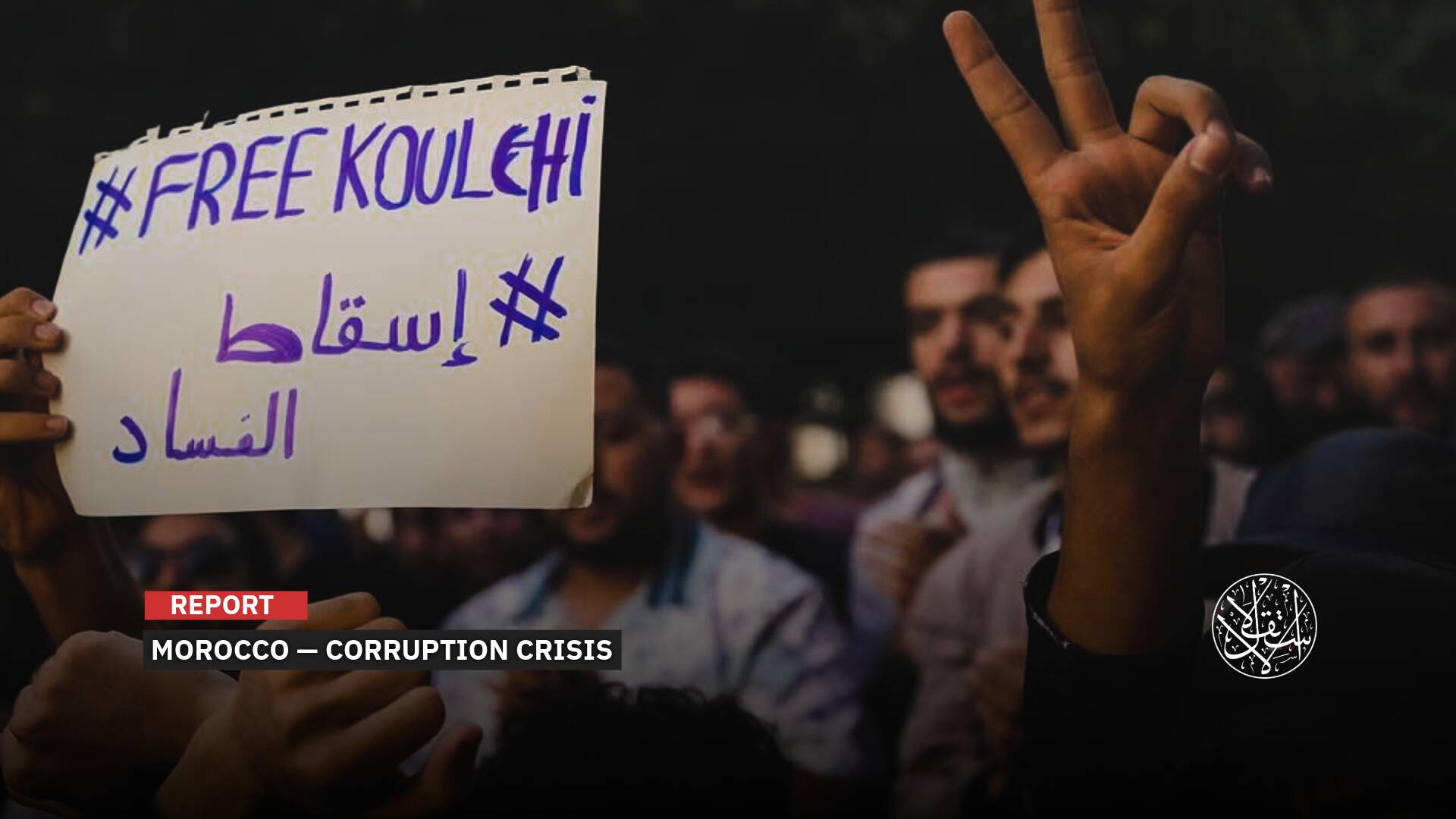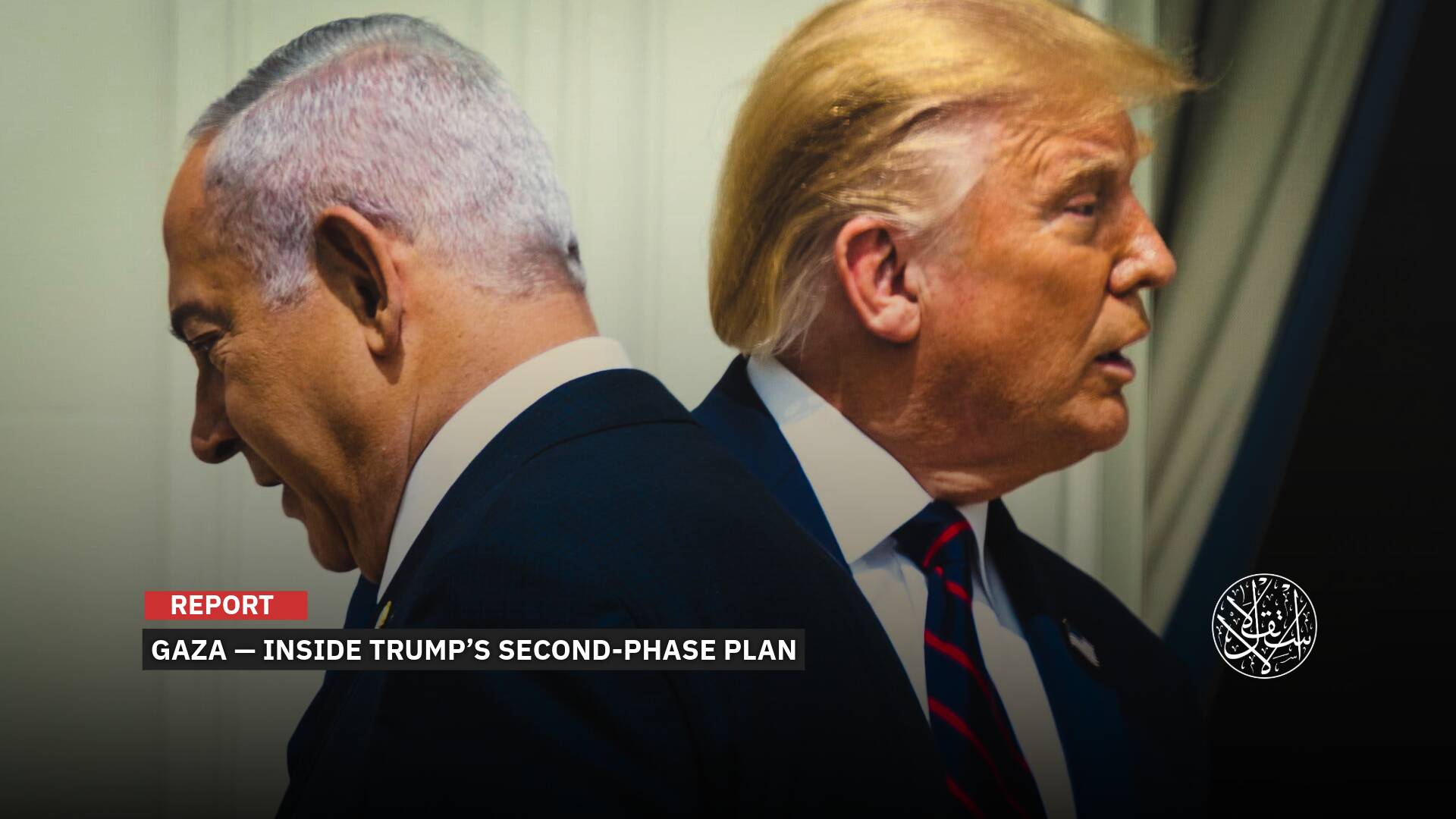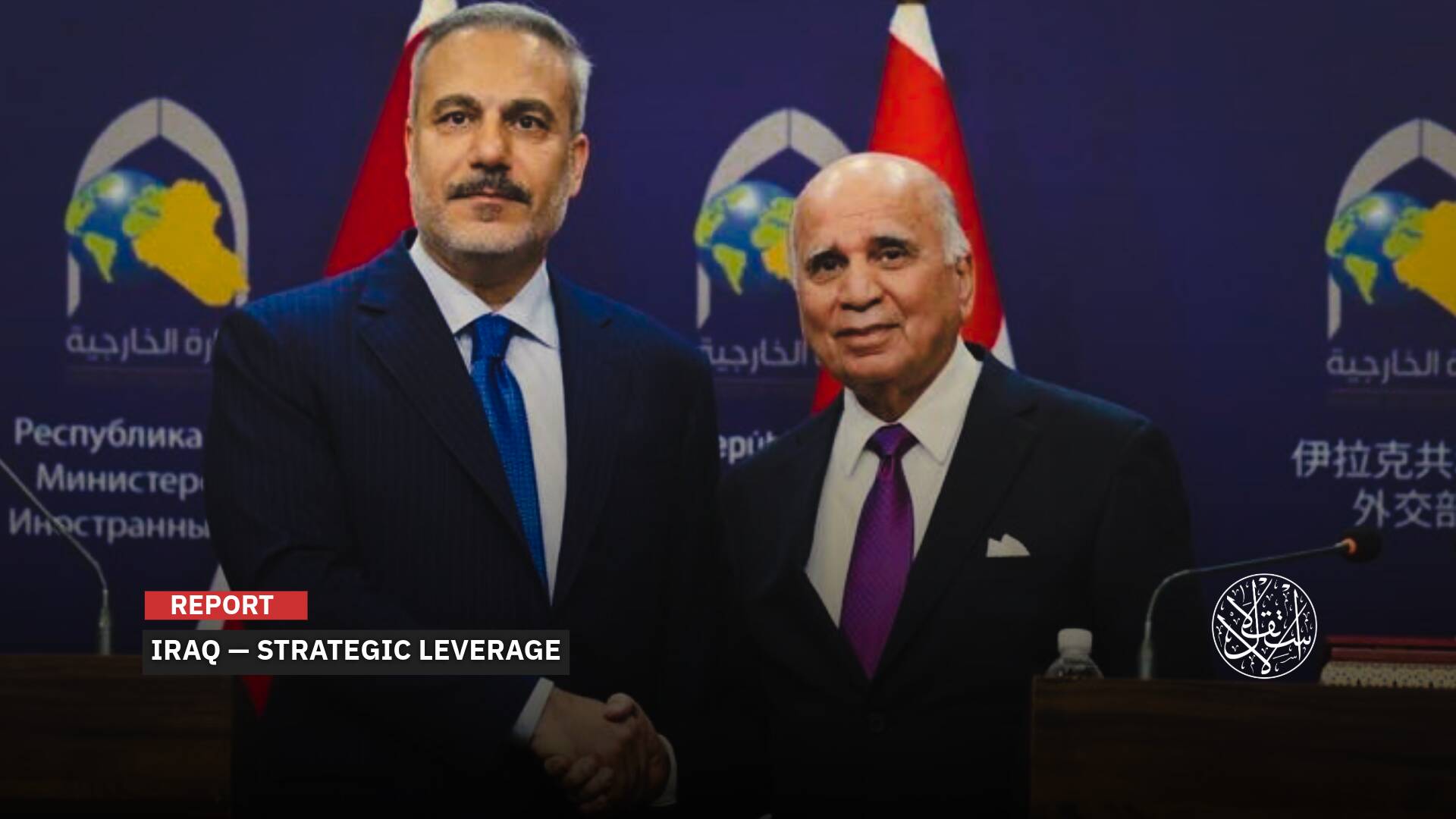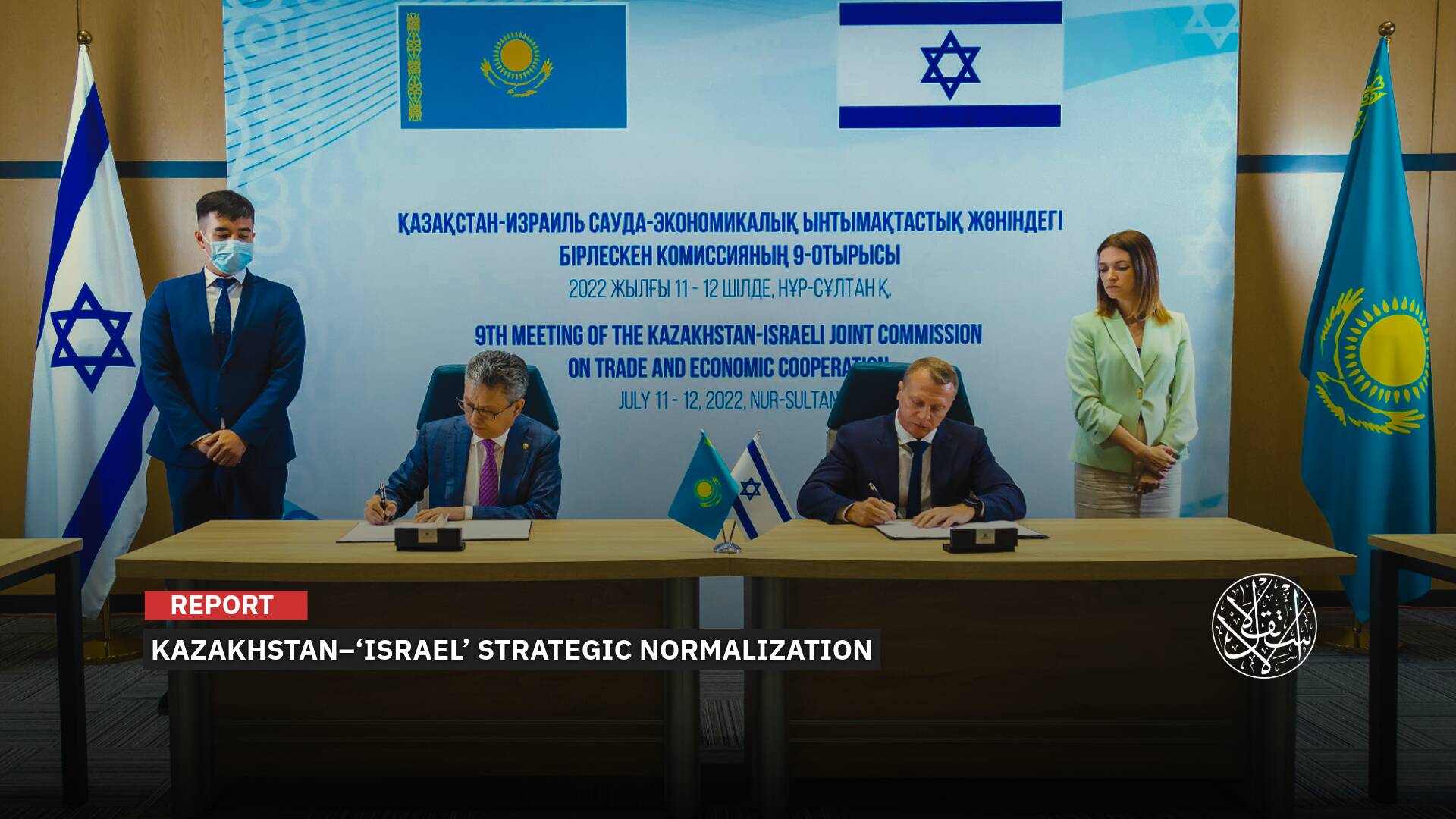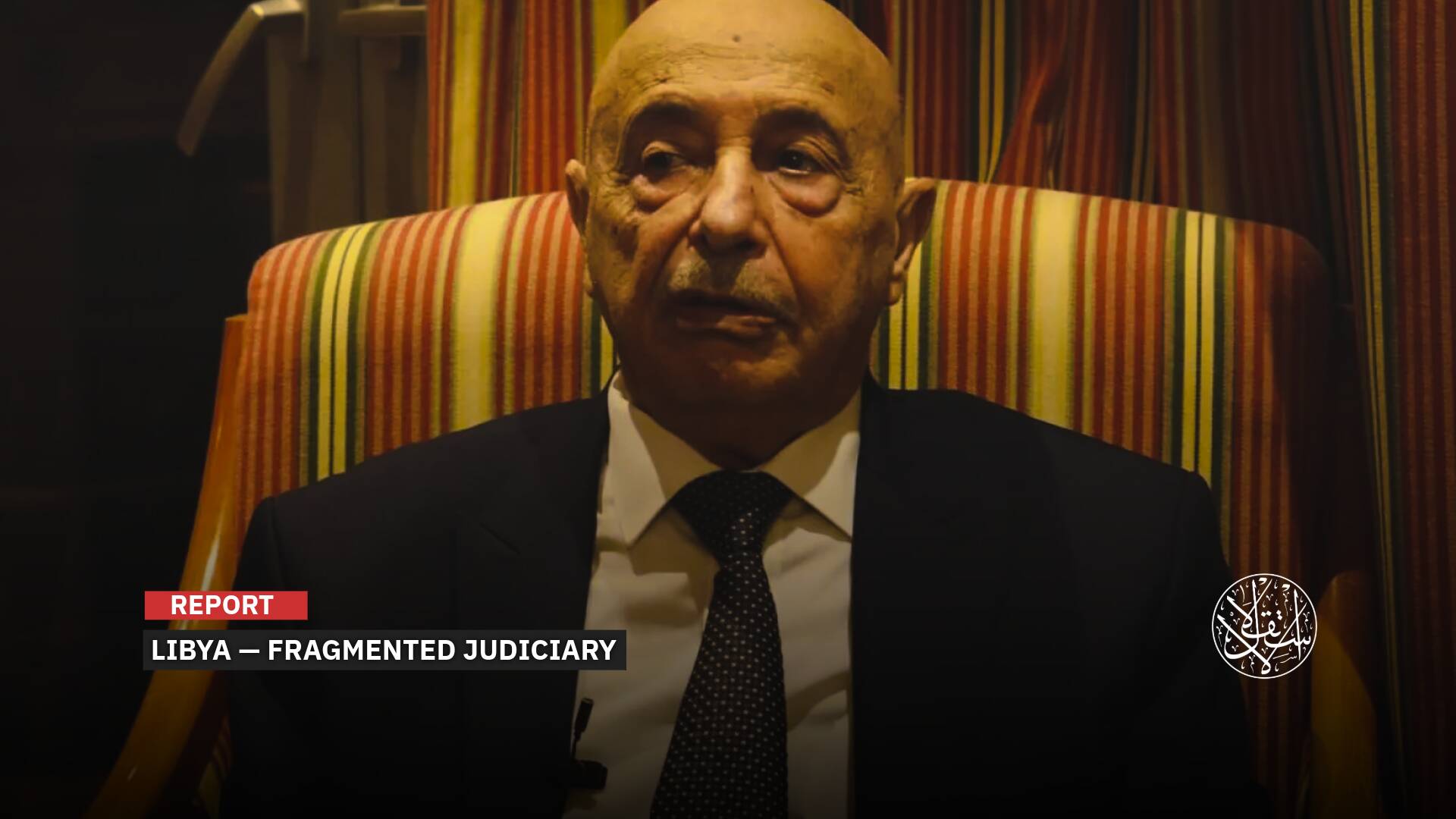Syria–Iraq Relations: Shifting Alliances and Growing Tensions
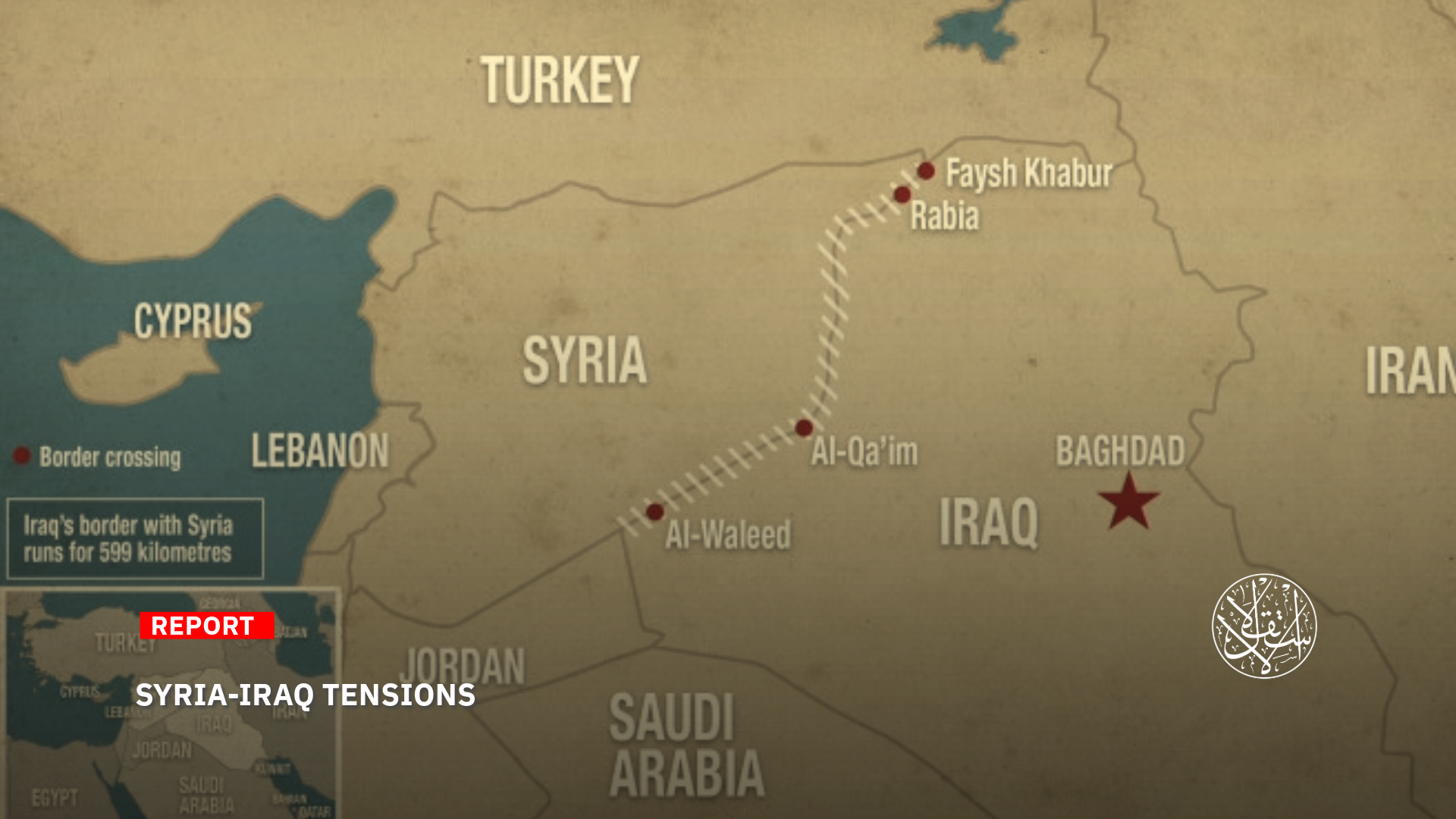
Iraq's Official Stance After al-Assad's Fall: Support for Syria's Aspirations
For half a century, Iraqi-Syrian relations have been marked by significant turning points, particularly during the rule of the Arab Ba'ath Party in both countries, from the 1960s until its overthrow in Iraq following the 2003 U.S. invasion, and later its fall in Syria during the popular uprising.
Iraq and Syria share a 599-kilometer border, much of it desert, yet it is also home to strong tribal ties between cities such as Syria's Hasakah, Deir ez-Zor, and Homs, and Iraq's Nineveh and Anbar. These connections were exploited by ISIS in 2014, which established its so-called caliphate across these regions until its defeat in 2017.
Following the ousting of the former Syrian president Bashar al-Assad on December 8, 2024, questions are now being raised about the future of relations between Baghdad and Damascus under the new Syrian administration led by Ahmad al-Sharaa (Abu Mohammad al-Julani), a former member of al-Qaeda who was previously active in Iraq during the American invasion.
‘The Euphrates-Tigris Initiative’
In the wake of the ousting of Bashar al-Assad’s regime, Haider al-Abadi, former Iraqi Prime Minister and a prominent figure in the Shiite Coordination Framework, unveiled the "The Euphrates-Tigris Initiative for Cooperation (ETIC)" as a means to engage "positively and in solidarity with the political transformation in sisterly Syria."
While details remain scarce, Abadi clarified in a tweet on December 16 that the "Tigris Initiative" aims to provide both humanitarian and political support to Syria, viewing it as Iraq’s responsibility to help facilitate a smooth, positive, civilian, and democratic transition for the benefit of both countries and the broader region.
From the very first day of the fall of Bashar al-Assad's regime, Haider al-Abadi wrote on X "A new day for Syria [...] We hope it marks a day of unity, freedom, justice, and peace for its people. I have said before, and I repeat today: just as tyranny cannot endure, neither can terrorism, chaos, or civil war succeed."
"Iraq and Syria share vast commonalities that can be harnessed for the benefit of both peoples. Our nations have grown weary of wars and conflicts; they yearn for an era of peace and reconstruction. Let us all work together to extinguish the flames of strife, conflict, and war, for the sake of our people," Abadi pointed out.
On the same day, Nouri al-Maliki, former Iraqi Prime Minister and a key figure in the Shiite Coordination Framework, posted on X, saying, "We respect the will of the Syrian people in their desire for change and the construction of their state through a political process that includes all of its components without marginalization or exclusion."
"On this occasion, we call on our Iraqi people, just as we called on our Syrian brothers, to stand united across all their components, to safeguard the integrity of the country and the political process, and to reject any attempt to undermine Iraq’s national unity. They must set an example of commitment to the state and the rule of law," al-Maliki added.
On the official front, Iraq's government spokesperson, Bassim al-Awadi, issued a statement on the day of Assad's regime's fall, saying “Iraq stresses the need to respect the free will of all Syrians, and stresses that Syria's security, territorial integrity, and maintaining its independence are of utmost importance, not only for Iraq, but also for its connection to the security and stability of the region.”
“The Iraqi government supports all international and regional efforts seeking to open a dialogue that includes the Syrian arena with all its sects and trends, and in accordance with what the interests of the brotherly Syrian people require, leading to the adoption of a pluralistic constitution that preserves the human and civil rights of Syrians, and supports the cultural and religious diversity enjoyed by the generous Syrian people, and the necessity of preserving this diversity that represents a source of wealth for Syria, without prejudice or neglecting it,”
“We reiterate the importance of not interfering in the internal affairs of Syria, or supporting one party in favor of another, as interference will only push the situation in Syria towards more conflict and division, and the first to be harmed will be the Syrian people, and this is something that Iraq does not accept for a brotherly, independent and sovereign country, and is linked to our Iraqi people by ties of brotherhood, history, blood and religion,” al-Awadi noted.

Inevitable Normalization
Regarding the future of relations between the two countries in the post-Assad era, Iraqi researcher Luay al-Azzawi stated that "Iraq will officially normalize its relationship with Syria under its new leadership, headed by Ahmad al-Shara, especially since the international community, almost in its entirety, is eager to turn a new page with Damascus."
Al-Azzawi explained to Al-Estiklal that "some Iran-aligned militias in Iraq still have not accepted the fall of al-Assad's regime. They continue to attack the new Syrian administration, labeling Ahmad al-Sharaa as a terrorist, despite the fact that Tehran itself is looking to reopen its embassy in Damascus."
"Most Iraqi militia leaders are still listed on terrorism watchlists, having been previously arrested by U.S. forces in Iraq under the same charges. Meanwhile, both the U.S. and the UK are considering removing Ahmad al-Sharaa from their terrorism lists, along with the Hayat Tahrir al-Sham group he leads."
“These militias, which reject change in Syria, will continue to oppose Baghdad’s normalization of relations with Damascus, just as they do with the United States. They criticize the Iraqi government's engagement with Washington, even though Prime Minister Mohammad Shia al-Sudani is a member of the Shiite Coordination Framework," al-Azzawi added.
In the same vein, Iraqi journalist Zaid al-Adhami wrote on X on December 17: "Iraq, like other regional countries, has interests in Syria, as they share a strategic neighborhood."
"All regional and international actors are scrambling to secure a place in the new Syria for political, economic, and social investment purposes. Any delay could result in compounded losses," al-Adhami said.
In contrast, Hashim al-Kindi, head of the al-Naba Group for Strategic Studies, stated that "some factions of the former Syrian opposition fought in Iraq years ago, and many of them were responsible for the deaths of Iraqis. Some even remain on global terrorism lists."
"It may be necessary to wait a little longer to get a clearer picture of the intentions of Syria’s new rulers, and the international community's response to the country, before Iraq can form a clear stance on the change there," al-Kindi, closely associated with Iraqi militias, told BBC.
Meanwhile, Hadi al-Amiri, leader of the Iraqi Badr militia, criticized his country’s position on the ongoing developments in Syria, stressing the need to speak out against the "occupation" of Syrian land, referring to his opposition to the control exerted by the new administration.
Speaking at the "Political Dialogue Forum" organized by Badr in Baghdad on December 16, al-Amiri said, “We have concerns about Syria, and everything must be accounted for. We fear it could turn into a second Libya.”

Significant Shifts
Syrian-Iraqi relations have not been consistently harmonious over the past 50 years.
The ties between the two countries have undergone continual fluctuations, from the 1960s, through the 2003 invasion of Iraq, to the 2011 uprising against Bashar al-Assad.
After Iran and its proxies intervened in 2012 to fight alongside the Syrian regime against Syrian opposition forces, Iraq, under Prime Minister Nouri al-Maliki, quickly established an air bridge between the two countries, providing the Damascus authorities with financial support, weapons, and thousands of militia fighters.
In 2021, al-Maliki stated in a televised interview that he had supported al-Assad’s regime in Syria, insisting that he had worked to prevent its collapse.
He explained that, had he believed al-Assad's fall was imminent, he would have taken the Iraqi army to fight alongside him, as the fall of Damascus, he said, would mean the fall of Baghdad.
This stance reflects a notable contradiction in al-Maliki’s position over the years, particularly in 2009.
At that time, he accused Syria of being behind a series of bombings in Baghdad that killed around 95 people and injured over a thousand others, notably targeting the Ministries of Foreign Affairs and Finance on August 19 of that year.
Al-Maliki officially called for a UN Security Council investigation into these bombings, accusing Syria of harboring members of the Iraqi Ba'ath Party and al-Qaeda, whom he alleged were responsible for orchestrating the attacks.
Before the 2023 occupation of Iraq, relations between Baghdad and Damascus had improved somewhat, especially after Bashar al-Assad assumed power in 2000, succeeding his father Hafez, who had ruled Syria for 29 years.
During that time, al-Assad’s regime was not on friendly terms with Iraq’s then-president Saddam Hussein.

Before that, relations between Syria and Iraq reached a peak of harmony in 1978, when both countries took steps toward achieving political unity.
It was agreed that Hafez al-Assad would be the president of the proposed unified state, with Iraq's then-president Ahmad Hasan al-Bakr serving as his deputy.
However, the unity project never reached its final stages.
In 1979, al-Bakr resigned, and Saddam Hussein took power, marking the beginning of his rule with an announcement of what he called a conspiracy against Iraq, allegedly led by Syria.
This effectively stifled the unity project in its infancy and ushered in a period of hostility and estrangement between the two nations.
One of the most prominent symbols of the rift between the Ba'athist regimes in Syria and Iraq was Hafez al-Assad’s opposition to Saddam Hussein, including his support for Iran during the Iran-Iraq War (1980–1988).
This aligned Syria with Tehran and cemented a political rift that lasted for decades between the two neighboring countries.
Sources
- Al-Abadi Coalition launches "Tigris Initiative" to support Syria. [Arabic]
- After the fall of the Assad regime... Iraq: We will not accept foreign intervention in Syria's affairs. [Arabic]
- The relationship between Iraq and Syria: Various phases of unity and tensions. [Arabic]
- Maliki requests an international investigation into the bombings. [Arabic]
- Nouri al-Maliki: If I had seen that Bashar al-Assad would fall, I would have taken the Iraqi army and fought in Syria. [Arabic]
- The New York Times: An Iraqi air bridge to supply the Syrian regime with weapons. [Arabic]
- Iraqi government issues statement on developments in Syria


